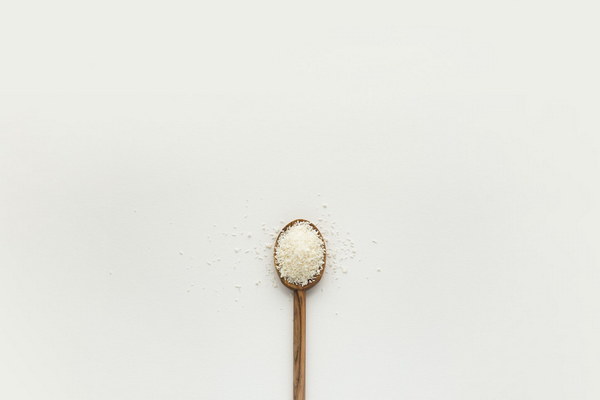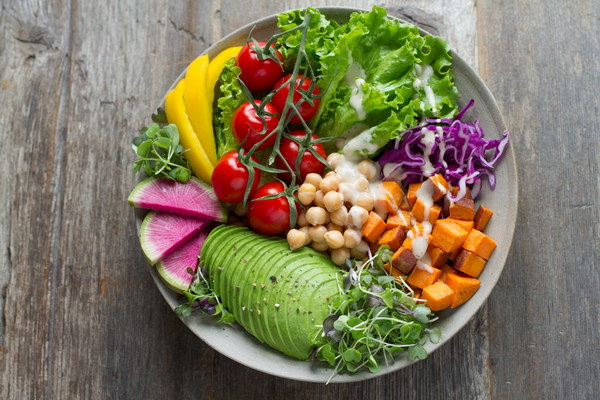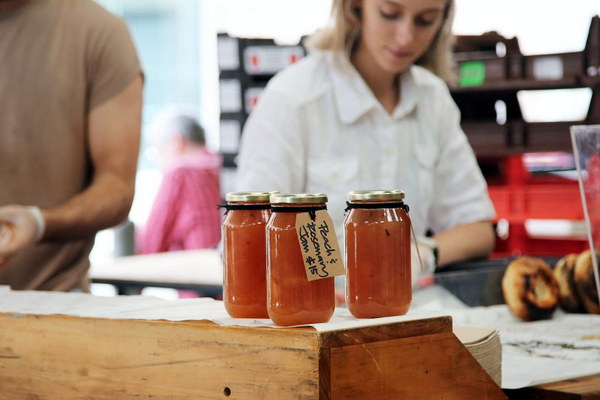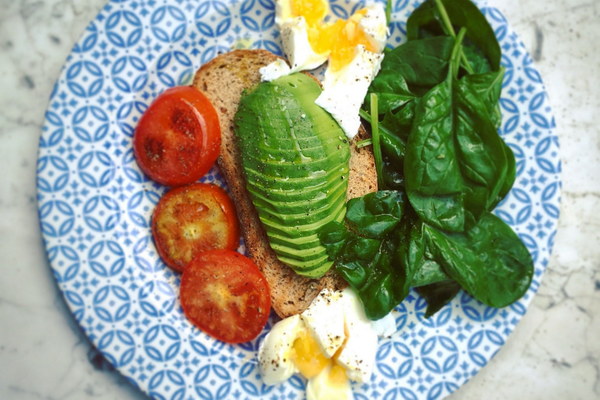Feeding Your Babys Stomach A Comprehensive Guide to 7Month Olds Complementary Foods for Spleen and Stomach Nourishment
Introduction:
As your baby approaches 7 months of age, the introduction of complementary foods becomes an essential part of their diet. This period marks the transition from pure breast milk or formula to a diverse range of solid foods that will support their growth and development. One of the primary focuses during this phase is to nourish the spleen and stomach, which play a crucial role in digestion and overall health. In this article, we will explore how to feed your 7-month-old with complementary foods that are beneficial for their spleen and stomach health.
1. Introduction to Complementary Foods:
Complementary foods should be introduced gradually, starting with a single ingredient and gradually increasing the portion size. Begin with soft, pureed, or mashed foods that are easy to digest. This helps your baby adapt to the new textures and flavors while minimizing the risk of gastrointestinal discomfort.
2. Importance of Spleen and Stomach Nourishment:
The spleen and stomach are vital organs in the body, responsible for digestion, nutrient absorption, and immune function. A healthy spleen and stomach ensure that your baby can effectively utilize the nutrients from their food, leading to proper growth and development. Nourishing these organs during the early stages of life sets the foundation for lifelong health.
3. Nutrient-Rich Foods for Spleen and Stomach Health:
Here are some nutrient-rich foods that can be introduced to your 7-month-old's diet for spleen and stomach nourishment:
a. Sweet Potatoes: Sweet potatoes are rich in beta-carotene, vitamins A and C, and fiber, which promote digestion and support the immune system.
b. Apples: Apples are a good source of fiber, vitamin C, and antioxidants, which aid in digestion and strengthen the spleen.
c. Carrots: Carrots are packed with beta-carotene, vitamins A and C, and fiber, which support healthy digestion and the spleen.
d. Green Peas: Green peas are a great source of protein, vitamins, and minerals, which help in digestion and spleen health.
e. Oatmeal: Oatmeal is a nutritious grain that provides fiber, vitamins, and minerals. It's easy to digest and supports the spleen and stomach.
f. Rice Cereal: Rice cereal is a staple in many baby's diets and is easy to digest. It can be mixed with breast milk or formula to create a smooth, nutritious puree.
4. Safe and Healthy Cooking Methods:

When preparing complementary foods, use safe and healthy cooking methods to preserve the nutrients. Steaming, boiling, or baking are the best options. Avoid using excessive oil or salt, as these can be harmful to your baby's delicate digestive system.
5. Monitoring and Adjusting Your Baby's Diet:
Keep a close eye on your baby's reaction to new foods. Pay attention to any signs of discomfort, such as constipation, diarrhea, or rashes. If you notice any adverse reactions, consult with your pediatrician to determine the best course of action.
Conclusion:
Introducing complementary foods to your 7-month-old is an exciting time, and it's essential to choose the right foods to support their spleen and stomach health. By incorporating nutrient-rich foods like sweet potatoes, apples, carrots, green peas, oatmeal, and rice cereal, you can ensure your baby receives the necessary nutrients for proper growth and development. Always consult with your pediatrician before making any significant changes to your baby's diet and monitor their reactions closely to avoid any potential adverse effects.









